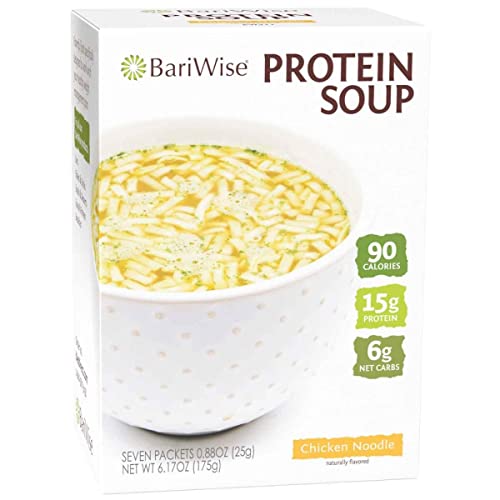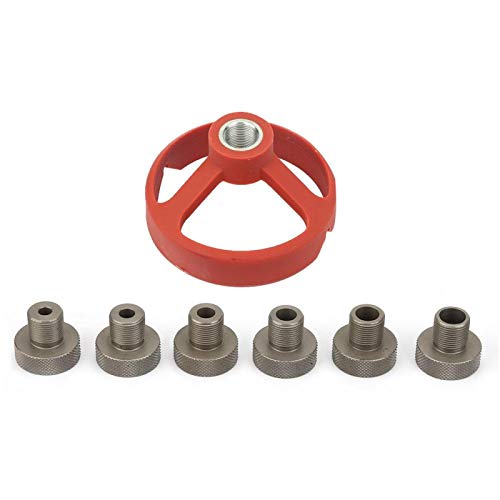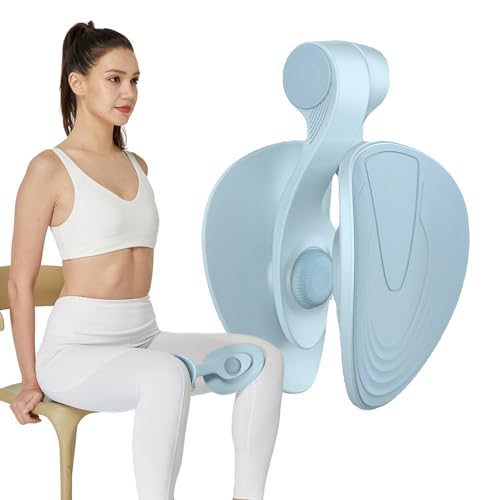Do everything you can to prevent stones.
Ultrasound is very very bad at identifying stones and their size. KUB Xray is a bit better but not very good. CT is the best way to see if you have stones and their size and location.
I've had 4 calcium oxalate stones since July and another is still in there and starting to ache. (And one 2 years ago and 3 in the late 70s).
You should see a urologist, Mark. These numbers, if correct, aren't good. (This was from a 24 hr urine collection?) Stone formation is a complex matter involving many different substances coupled with fluid intake. But ALL your numbers are bad. Maybe you are a lucky one who will never produce stones. For reference, NONE of mine values are off and yet clearly something is amiss as I produce copious stones.
Most people's stones are calcium oxalate stones and your panel shows you could develop those. You, however, also have elevated uric acid so could produce uric acid stones as well. (Uric acid reduction needs a prescription medicine.) You can do a few things on your own to reduce the chance of formation of the calcium stones.
Here's what I was told to do: Drink LOTS of water all the time, especially before bed so you are compelled to get up to pee in the middle of the night, then drink another glass. (The theory is that stones form more readily at night because the particulates can settle in the kidneys when you spend 8 hours not peeing.) Increase consumption of potassium citrate to prevent stones. Even though my citric acid level is ok, I drink 20oz of Crystal Light Lemonade as it has a very high level of potassium citrate.
http://kidneystones.uchicago.edu/price-of-potassium-citrate/ I recently started taking a daily Jarrow potassium citrate tablet. After reading recent research that hydroxycitric acid may be even better than potassium citrate in preventing stones, I take one of these too:
https://www.amazon.com/gp/product/B000I4DOOW/ref=oh_aui_detailpage_o02_s00?ie=UTF8&psc=1
A strict oxalate diet is pretty much sticking to animal protein, which I guess we should be doing anyway but, well, DAMN, who wants to do that? If you study up on oxalates, you'll see that the problem is that all the oxalate charts are different. (The method of measuring oxalates in foods varies as well as the fact that oxalate content varies depending on the variety of the vegetable and the time of year it is harvested. I can find the article -- perhaps on University of Chicago urology sites? -- that discusses this phenomena.) I don;t follow the oxalate diet although I will take a calcium pill with something I know is high in oxalates to counteract it. Spinach by all charts is a killer (as high as 800mg when a low oxalate diet suggests less than 50 a day) so I took my calcium with it when I was served a little during the holidays.
FYI: my numbers are, normal range in parens:
calcium 195 (100-300)
citric acid 437 (320-940)
oxalate 18 (4-31)
sodium 63 (40-220)
uric acid 299 (250-750)
PS: the third stone this year was a doozy, got stuck for weeks and I finally had to have lithotripsy under general anesthesia to have it removed. The fourth stone, weirdly, just fell out with zero pain. I woke one morning and as I was peeing felt a "bubble" come out. Having had stones, I knew this feeling and sure enough there was a 3mm stone in the toilet. I was astonished as my first and second stones this summer were 3mm and I just about died from pain, yet this passed without me feeling anything. (I never even knew it was possible to pass a painless stone.) My point: perhaps you have passed small stones without pain. If so, lucky you!












































